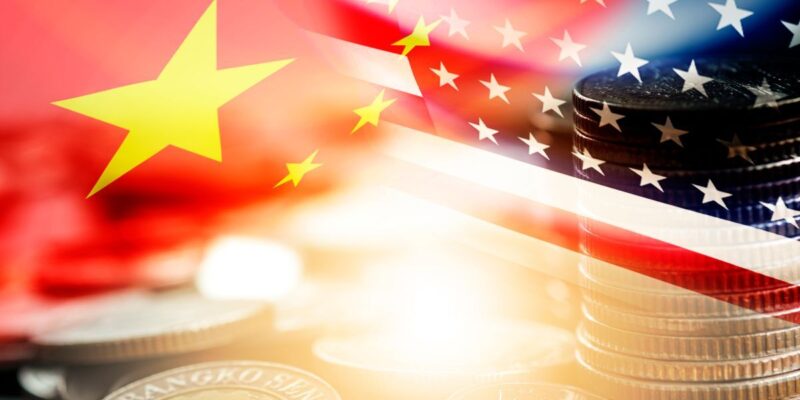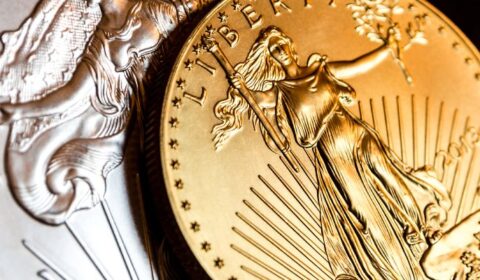The Financial Consequences of an Extended US-China Trade War

The following article is created and or curated by the Orion Metal Exchange for the benefit of our followers. We seek to provide relevant precious metals, economic and geopolitical content that can impact your retirement and savings. If you are interested in learning about precious metals investing, call 1-800-559-0088, for a FREE investor kit.
If you think we’re at the brink of a financial crisis, you’re not alone. With so many pieces moving around — the trade tensions, geopolitical conflicts and threats of multiple nuclear wars—the global economy isn’t what it was a decade ago.
Financial gurus and investors are navigating this situation more or less like how Sandra Bullock’s character did in Bird Box—with her eyes closed.
Although, *spoiler alert* her character safely made it in the end and most viewers saw it coming, the same can’t be said for the recession that has been steaming since the start of the trade war.
While we can’t blame everything on the US and China’s battle of egos — with no end goal in sight — it has played a key role in creating this frightful mess.
With the far and wide consequences, here are a few examples and figures of how the trade war is reshaping the world economy — and will continue to do so.
Importers and American Consumers
Even though Trump has halted the new Christmas tariffs for now, the constant tit-for-tat duties have only achieved one thing: an increase in the prices of consumer goods. Importers are paying extra duties to bring in products.
This is not only hurting the business relationships with international chain supplies but the taxes will now cause a spike in average household spending on taxes, taking it from $414 from last year to over $1000 by 2020.
Despite President Trump’s claims, China is not the one feeling the brunt of these duties but instead the domestic importer bringing in daily-use products made by China.
Jobs, Enrollment and Cultural Exchange
The US economy continues to suffer due to a dip in student enrollments from China. Chinese students make up the majority of foreign students in the US but admissions have dropped to a record low amid trade and visa policies.
In June 2018, Trump announced a limited visa policy for Chinese graduate students, which coupled with anti-immigration rhetoric, cost the US roughly $12 billion and over 65,000 jobs.
Students unwilling to move to the US for education may be bad news for the US but not for China who’s ready to invest more in business, engineering, robotics, technology and science.
The GDP and Investments
Foreign investments mean more and better job opportunities for the domestic labor force. However, with the decline in investments, inflation has been on the rise in the US.
Direct investments from China in the US have dropped by 90% in the past three years. From nearly $47 billion in 2016 to less than $6 billion by the end of 2018, American industries—particularly real estate and technology — have taken a substantial hit.
A dip in the investments means a loss for the economy, which translates to an inability to reach GDP targets — both domestic and global.
Commodities in the Crossfire
Global prices of commodities are, in particular, affected by the trade war. From oil prices to trade flows in energy sectors and worth of precious metals, the uncertainty in individual sectors remain elevated.
Since commodities are typically used as an inflation hedge, many investors are looking to invest more in gold, silver and palladium.
Using these metals as a safe haven rather than profit-yielding investments, the decline in interest rates is causing volatility but still offers protection against the purchasing price.
For investors hoping to mitigate losses — due to the trade war — from other investments, precious metals are the perfect diversifier, and we can help!
Orion Metal Exchange can help you with the acquisition of precious metals — bullions, bars and coins in gold and silver — as well as their storage and safety.
To learn more information about our services, get in touch!






